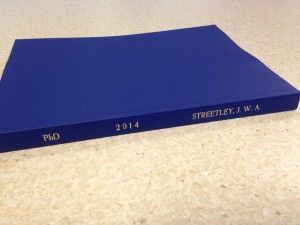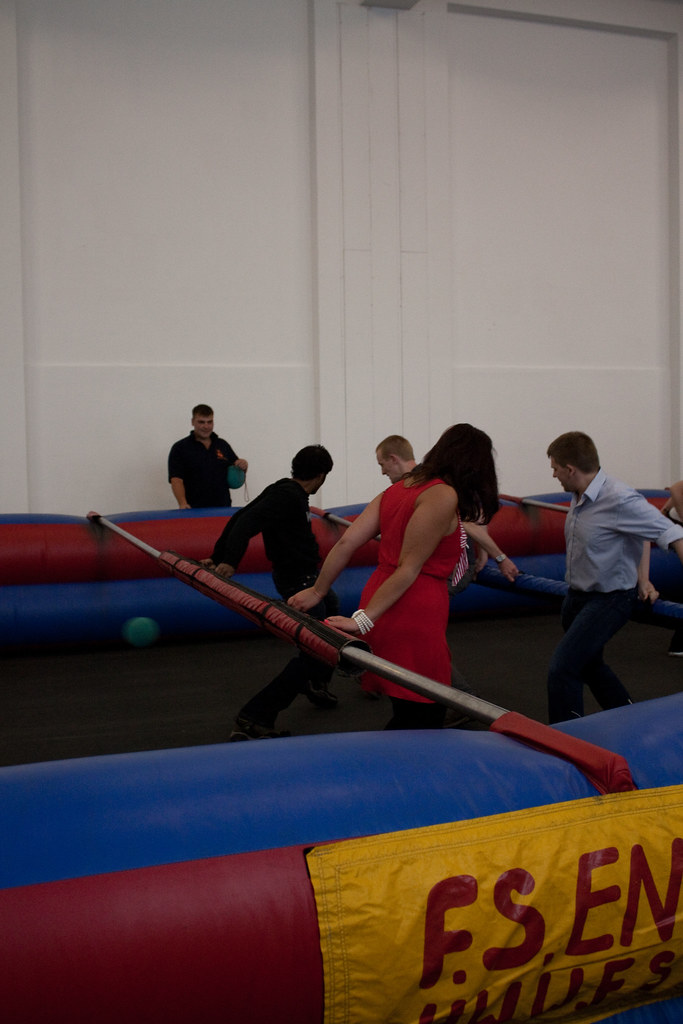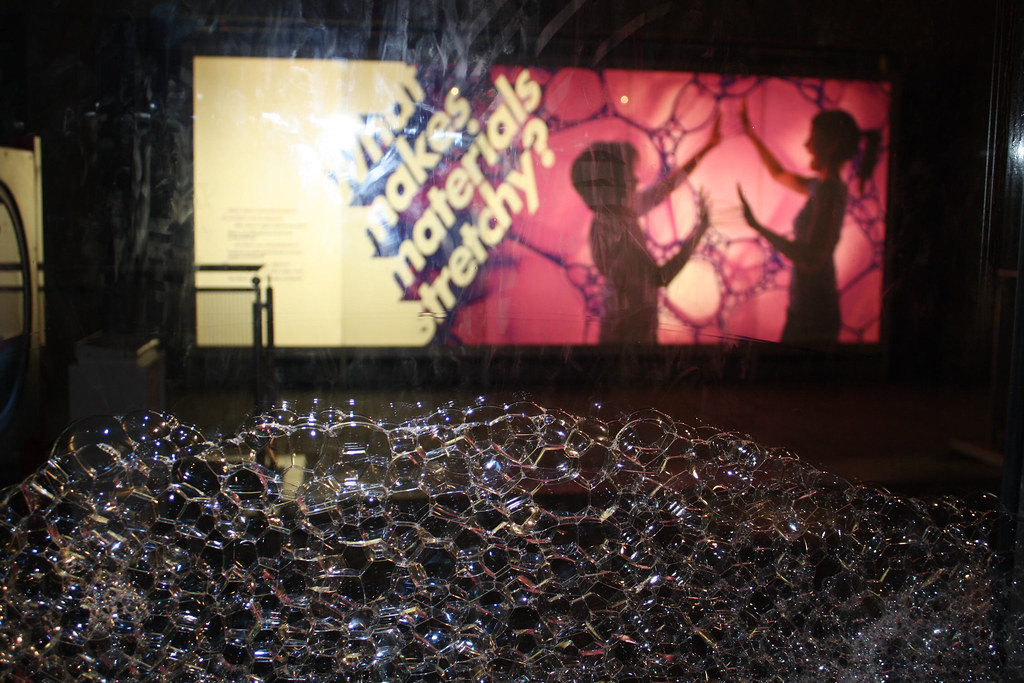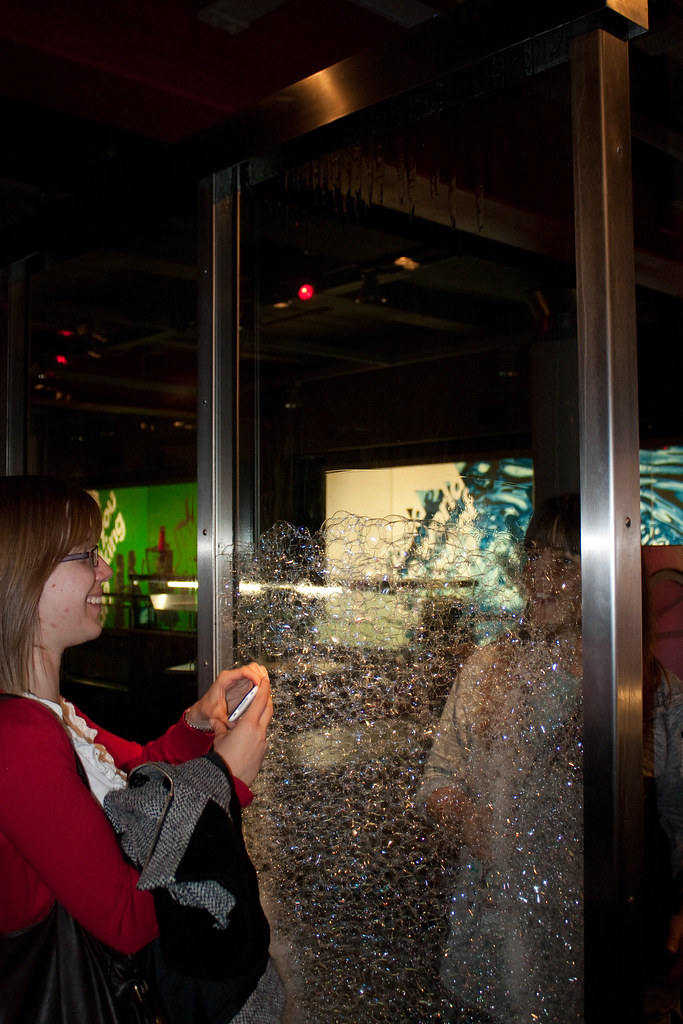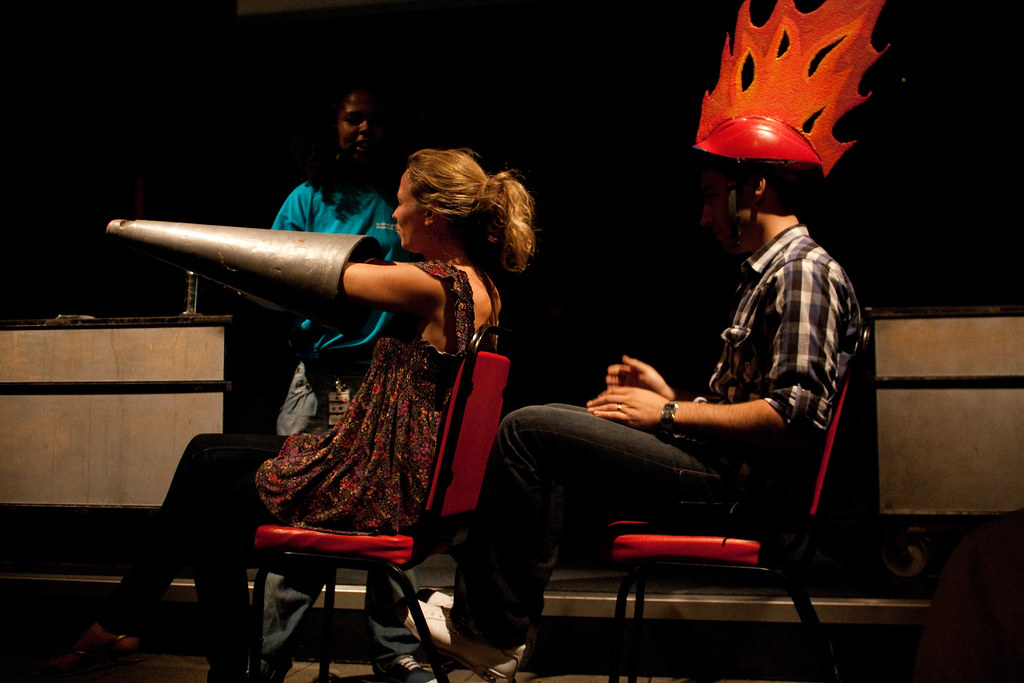So following my earlier blog post on where the parties stood on libel reform, I thought I’d continue by examining another subject that I feel strongly about: science and science education. Now that the 3 main parties have published their manifestos, let’s see where they stand.
Labour
Labour were first out of the traps to release their manifesto, so it is only fair they get to go first.
[They] are committed to a ring-fenced science budget in the next spending review
This is great news, although an improvement and increase would be better. As Prof. Brian Cox has said (over and over), investing in science creates wealth, so an increase would actually help the economy in the long-term, and to cut it would make such a small saving in the short-term compared to long-term losses as to be non-sensical.
To help us do better in turning research outputs into innovation, we will provide focused investment for Technology and Innovation Centres, developing technologies where the UK has world-leading expertise
Not sure about this one; sounds very good, but we already have enough “focus” on impact statements for researchers and trying to second-guess how useful the research will be. The problem is, sometimes you can’t know what the eventual outcome of the research will be until you do it. The oft-quoted example is Sir Tim Berners-Lee and the World Wide Web that came out of CERN with an outcome beyond that originally expected.
We will also support university research through the Higher Education Innovation Fund…
Not entirely sure what they are getting at there. This isn’t a new body, the HEIF already exists to the tune of £150m this coming academic year. I presume they just mean they will continue what they have already announced. Not much of a pledge.
More young people will be able to study single science subjects
We reject a return to the 11-plus or free-for-all admission system
…raising the education leaving age to 18.
Single sciences are definitely the way forward to inspire young people to continue in science. Enjoyment of any subject comes from having a good understanding of it, and this is particularly true in the sciences, and I think this can best be taught separately. And whilst the sciences do all converge, it is also important to recognise that there is no such thing as “science” as a single entity and that the subjects can be quite different and so it is perfectly possible to enjoy different facets of science without much reference to the others.
Continuing to be against the 11-plus is no great surprise, although as a someone very much in favour of Grammar schools (and educated at one), it does disappoint me.
As for raising the leaving age, I can’t say I’m thrilled at that. Diversification of education and apprenticeships might lessen the blow somewhat, but I still remember being at school with those who distinctly didn’t want to be so left when they could. Not sure I could have taken it for another 2 years!
Overall: Nice, but vague.
Full Manifesto
Conservatives
Second out to be published and my party of choice, but what do they have to say?
a multi-year Science and Research Budget to provide a stable investment climate for Research Councils
delay the implementation of the Research Excellence Framework so that it can be reviewed – because of doubts about whether there is a robust and acceptable way of measuring the impact of all research
Multi-year is good, long term would be better for Research Council stability. Where is the increase? Or at least ring fence as Labour have promised. I am disappointed that there is not a more concrete promise in there.
The explicit recognition of the problems encountered when measuring research impact is excellent. It is a minefield and so the implication that the Conservatives want to find a “robust and acceptable” measure is exciting indeed. This also pleases my sense that manifestos should contain specific detail!
creating a better focus on Science, Technology, Engineering and Maths (STEM) subjects in schools
Another admirable ambition, but I feel that it is almost pointlessly vague.
allow all state schools the freedom to offer the same high quality international exams that private schools offer – including giving every pupil the chance to study separate sciences at GCSE
As someone who attended a state school that taught the International Baccalaureate Diploma, studied separate science from the age of 11 and has gone on to 2 science degrees (soon to be 3), I am living proof that a detailed science education can be inspiring and empowers those who want to learn. Therefore, I can’t sing highly enough the praises of this pledge.
Overall: wishy-washy, especially given the length of the document, more detail would have been nice.
Full Manifesto
Liberal Democrat
Last out of the blocks this morning, and one that I have been eagerly awaiting having seen Dr Evan Harris talk before about the Lib Dem commitment to science. I have to say, I was not disappointed:
Respect the convention that the science budget, once allocated through the Comprehensive Spending Review process, is not used for other purposes
Not as strong a way of pledging to protect the science budget, but I suppose “every little helps”. Still no ring-fence and certainly not a pledge to increase it though. Sad, but probably honest at least.
Ensure that the decisions on the funding of research projects are made on the basis of peer review not Whitehall interference, while recognising the need for government to identify broad strategic priorities in a transparent manner.
Reform science funding to ensure that genuinely innovative scientific research is identified and supported, instead of basing funding decisions on narrow impact factors.
These two pledges are similar to the Tory pledge on funding and the Research Excellence Framework, and are welcome. Along with the introduction to the science section of the manifesto, I think the way these pledges are worded is proof that the Lib Dems get science. To me they just seem to hit the mark better than the similar Tory pledge. I wonder if it is more of Dr Evan Harris’ work.
Ensure that all state-funded research, including clinical trials, is publicly accessible and that the results are published and subject to peer review
A pledge for open-access publishing! I really didn’t see that coming as it isn’t exactly of mainstream interest and I wonder how the higher cost of open-access publishing would be covered with the inevitable increased grant funding it would required. To me, just the recognition of the issue is brilliant though, and something the Lib Dems should be commended for.
Safeguard academic freedom and the independence of scientific advisers by amending the Ministerial Code to prevent government from bullying or mistreating advisers and distorting evidence or statistics
They also sneaked in this pledge regarding evidence-based policy into their science section, which again, I’m sure will go down well with the science community.
Give 14–19 year-olds the right to take up a course at college, rather than at school, if it suits them better. This will enable all children to choose to study, for example, separate sciences or modern languages at GCSE, or a vocational subject.
This completes the set of parties wishing to bring back single science education at GCSE level. It is worrying that they don’t think it should be taught within the school but offered as an option elsewhere, in contrast to what Tories appear to pledged though.
Overall: With more detail and specific science pledges, it seems like the Lib Dems understand the science vote.
Full Manifesto (edited 2015 to point to an archived manifesto)
Summary
In many ways, it is hard to differentiate between the parties based on their science pledges, with them all wishing a return to separate sciences and to review the way in which science grants are allocated, so it is very hard to definitively choose based on science policy alone. To me the Lib Dems have the upper hand at the moment, both because they have some superior content and pledges, but also because the way it is written and the specifics it goes into just seem to show a better understanding and honesty over the current science issues, but I think that is purely a personal feeling.
In fact, I think that applies all the way through the Lib Dem manifesto from my skim read of it so far, and it is almost making me turn from committed Tory voter – especially if I want to stand a chance of outing Frank Dobson in my area – but that is another story entirely.
To help us
do better in turning research
outputs into innovation,
we will provide focused
investment for Technology and
Innovation Centres, developing
technologies where the UK has
world-leading expertise
